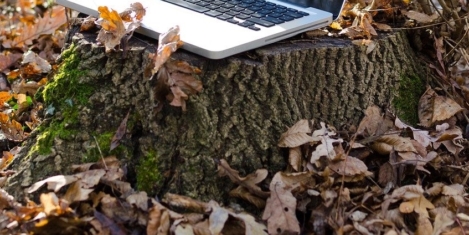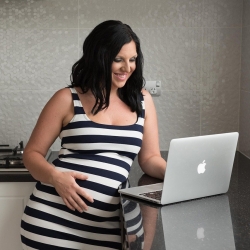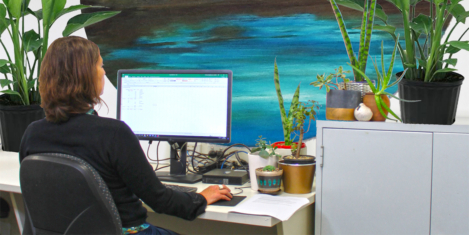To provide the best experiences, we use technologies like cookies to store and/or access device information. Consenting to these technologies will allow us to process data such as browsing behaviour or unique IDs on this site. Not consenting or withdrawing consent, may adversely affect certain features and functions.
The technical storage or access is strictly necessary for the legitimate purpose of enabling the use of a specific service explicitly requested by the subscriber or user, or for the sole purpose of carrying out the transmission of a communication over an electronic communications network.
The technical storage or access is necessary for the legitimate purpose of storing preferences that are not requested by the subscriber or user.
The technical storage or access that is used exclusively for statistical purposes.
The technical storage or access that is used exclusively for anonymous statistical purposes. Without a subpoena, voluntary compliance on the part of your Internet Service Provider, or additional records from a third party, information stored or retrieved for this purpose alone cannot usually be used to identify you.
The technical storage or access is required to create user profiles to send advertising, or to track the user on a website or across several websites for similar marketing purposes.
 The characteristics that meant you were most likely to thrive during the Covid-19 lockdown have been identified in new research by emlyon business school. The researchers, from emlyon business school’s Lifestyle Research Center, have studied people’s lifestyle, circumstances, and behaviour during the Covid-19 lockdown period, to examine how it has impacted their mental and physical wellbeing. The data comes from a survey of over 1000 respondents, split evenly across France and the UK, gathered near the end of the lockdown period in May. (more…)
The characteristics that meant you were most likely to thrive during the Covid-19 lockdown have been identified in new research by emlyon business school. The researchers, from emlyon business school’s Lifestyle Research Center, have studied people’s lifestyle, circumstances, and behaviour during the Covid-19 lockdown period, to examine how it has impacted their mental and physical wellbeing. The data comes from a survey of over 1000 respondents, split evenly across France and the UK, gathered near the end of the lockdown period in May. (more…)

















 New research from
New research from 
 How supportive are you of your employees’ wellbeing? New research from
How supportive are you of your employees’ wellbeing? New research from 










May 11, 2020
Reshaping ourselves to fit in a new era for work
by Mark Eltringham • Comment, Technology, Workplace
(more…)